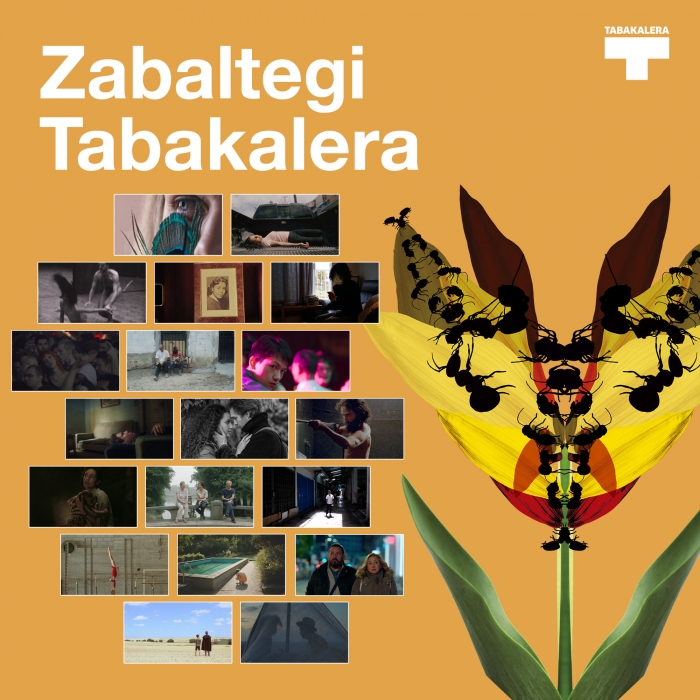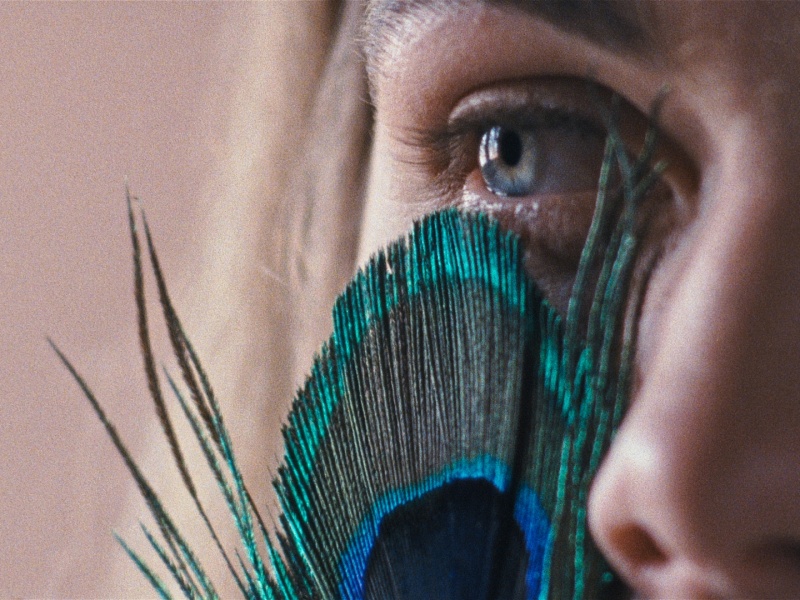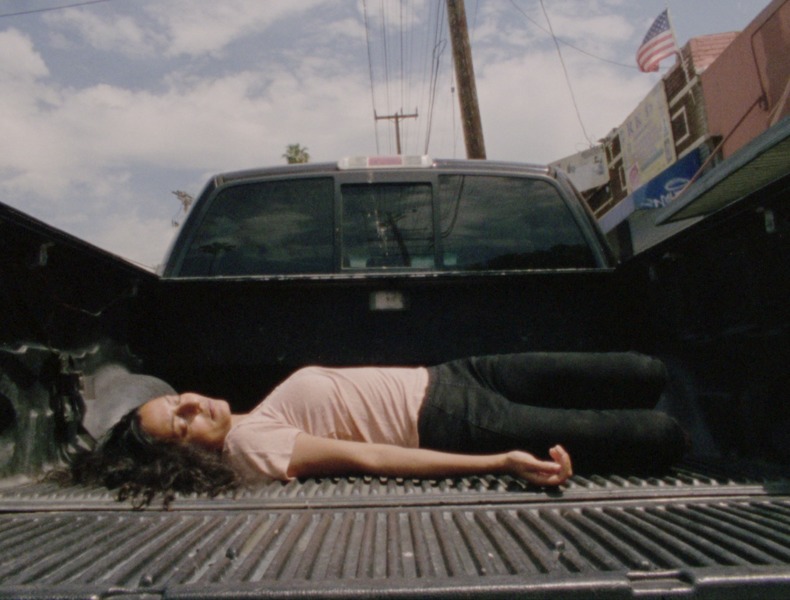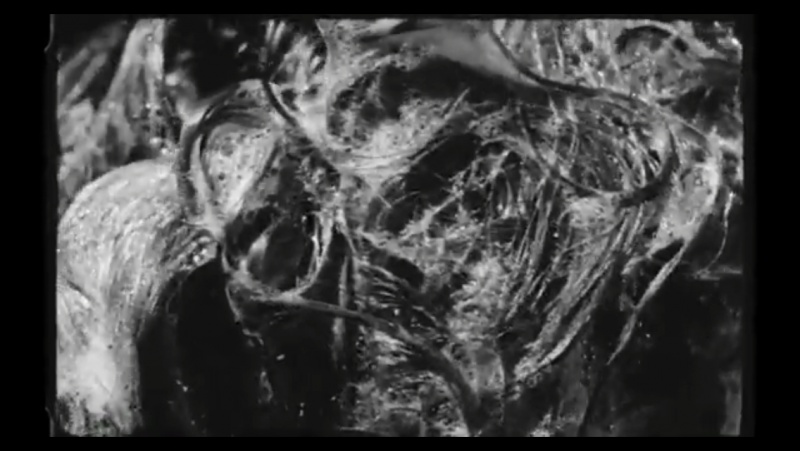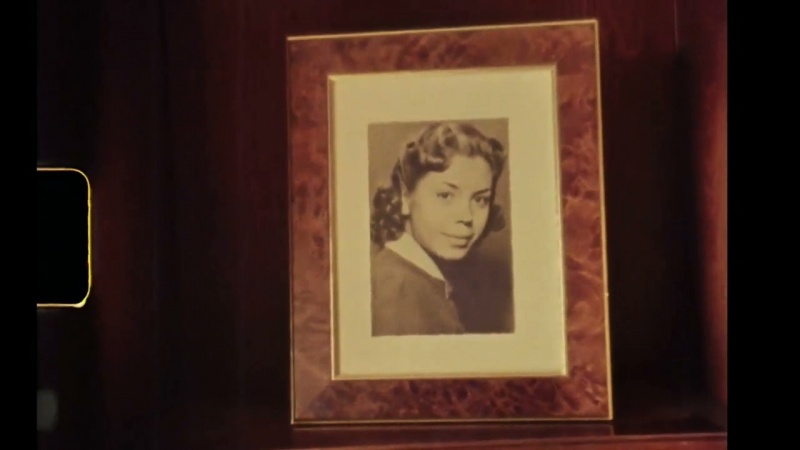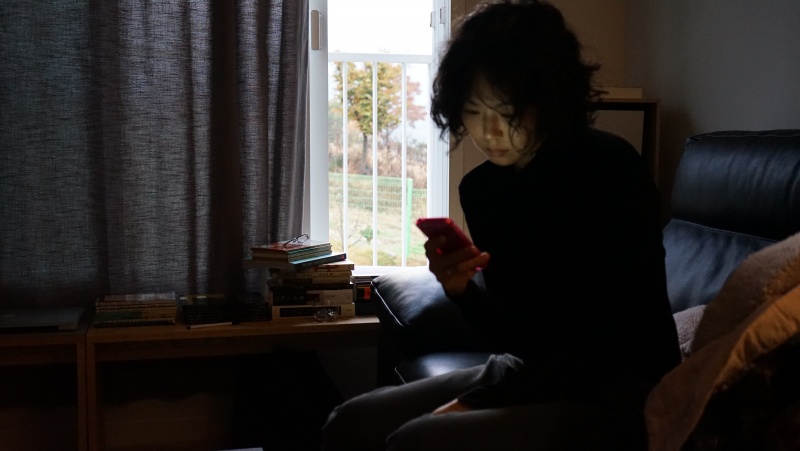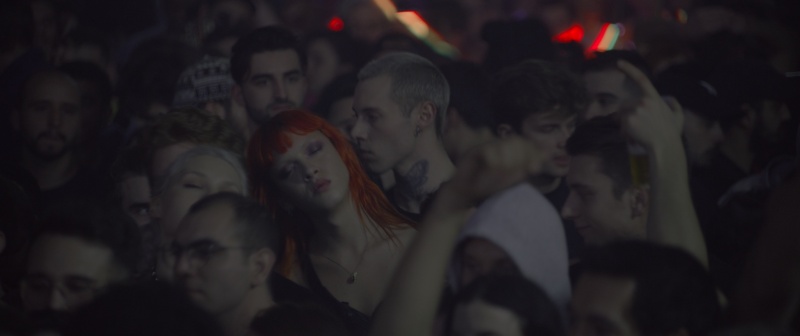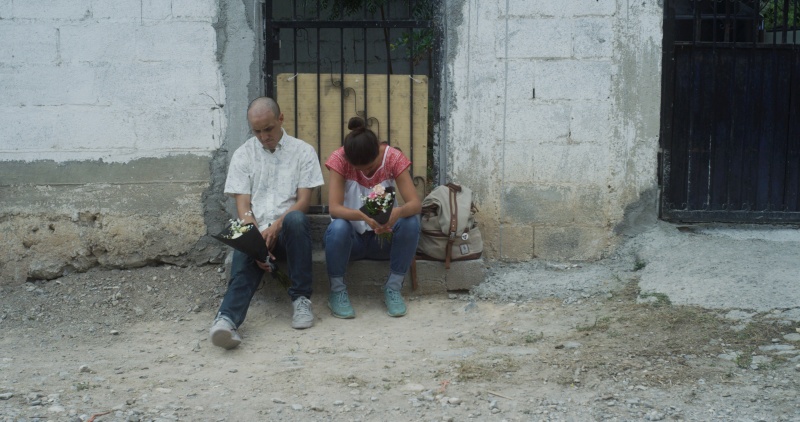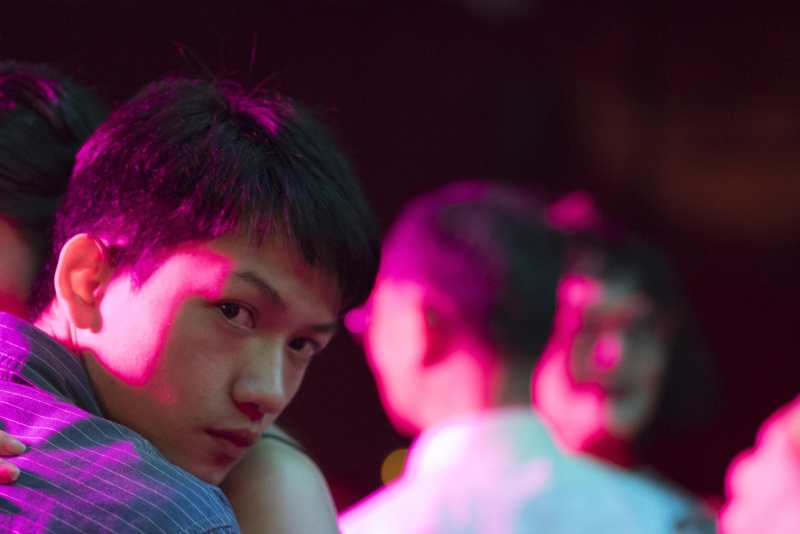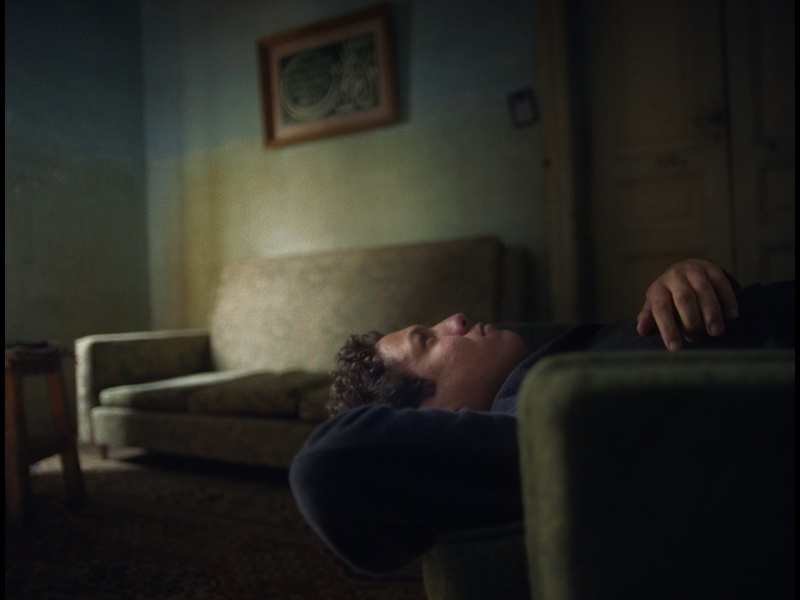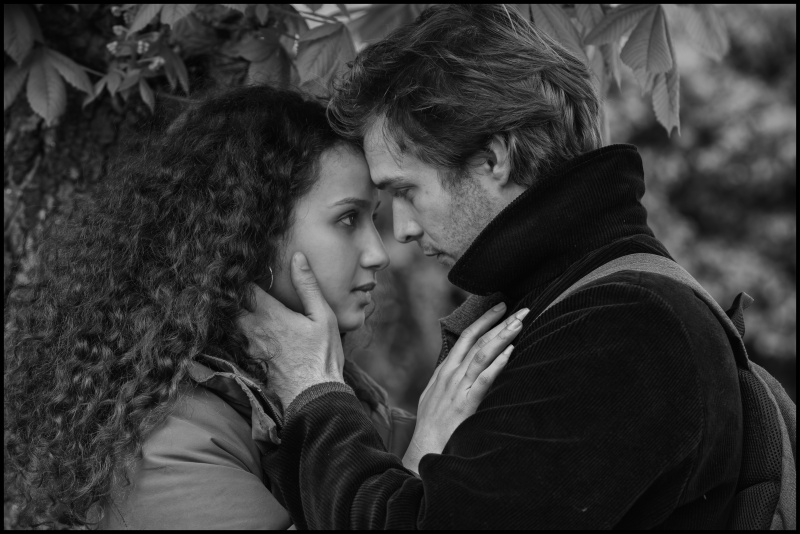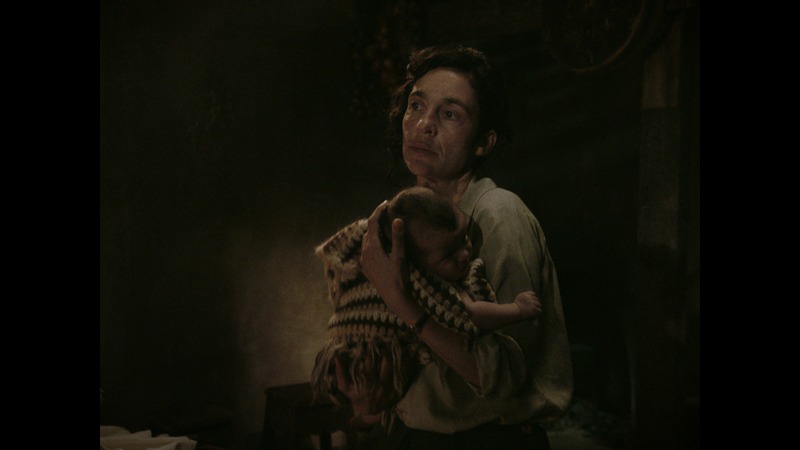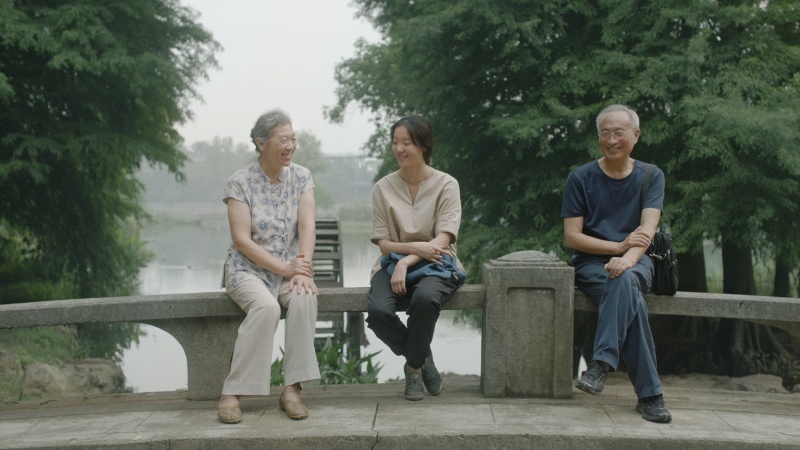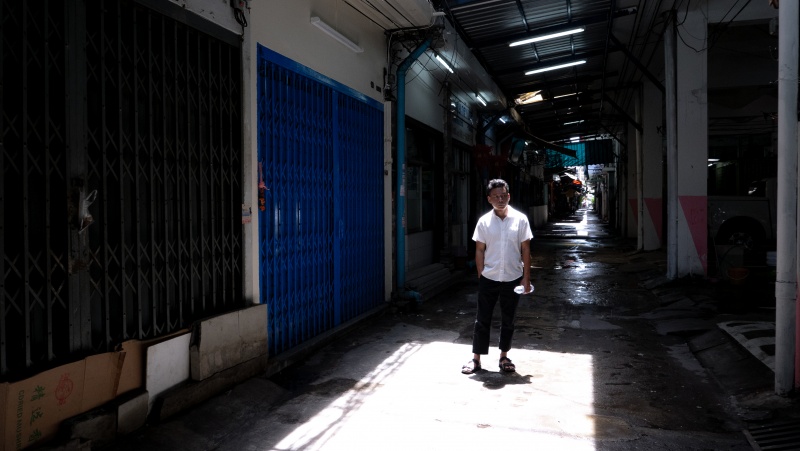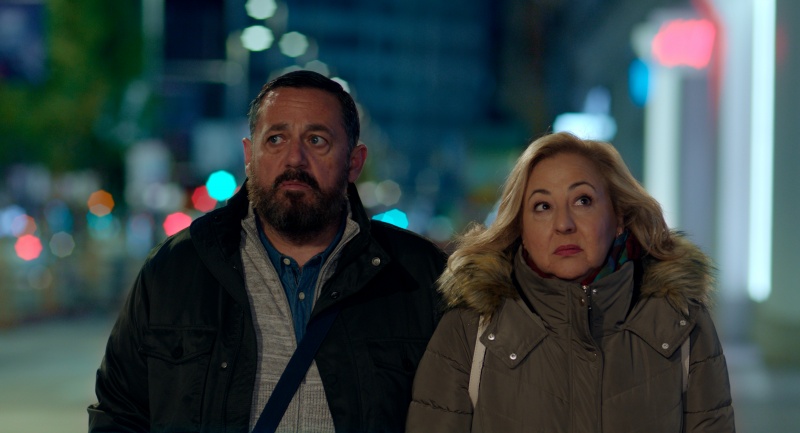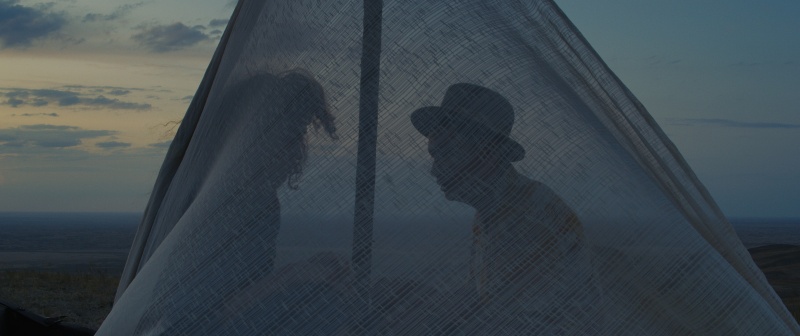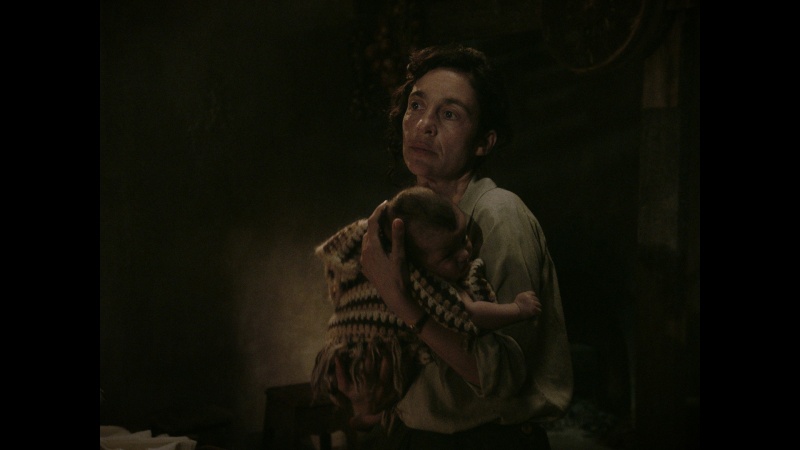A total of 19 titles will compete for the Zabaltegi-Tabakalera Award in San Sebastian Festival’s most open competitive section, which this year sees the participation of hallowed filmmakers Philippe Garrel, Hong Sang-soo and Peter Strickland, among others. Several of the ten feature films and nine shorts programmed landed awards or screened at the last Berlinale; however, there are also works which were to have participated in the cancelled Festival de Cannes and films which will shortly screen at the Venice Mostra and Toronto Festival.
Outstanding among the Spanish premieres arriving from Berlin Festival is that of the revered South Korean filmmaker Hong Sang-soo (Seoul, 1960) who brings the winning film of the Silver Bear for Best Director, Domangchin yeoja / The Woman Who Ran, where a woman takes advantage of her husband being away on business to visit three old girlfriends. Sang-soo previously participated in San Sebastian with Dangsinjasingwa dangsinui geot / Yourself and Yours (Official Selection, Silver Shell for Best Director, 2016) and Geu-hu / The Day After (Zabaltegi-Tabakalera, 2017).
Philippe Garrel (Paris, 1948), a key figure of French cinema in recent decades, will return to San Sebastian with the film he presented in the Official Selection at the last Berlinale. La sel des larmes / The Salt of Tears narrates a young provincial man’s exploits with several women in Paris. The French moviemaker, to whom the Festival dedicated a retrospective in 2007, Getting to know Philippe Garrel, also presented L’amant d’un jour / Lover for a Day (Zabaltegi-Tabakalera, 2017) and La frontière de l’aube (Zabaltegi-Specials, 2008).
Also included in the German competition was Rizi / Days, by Tsai Ming-Liang (Kuching, 1957), honoured with the Teddy Jury Prize for this film about two men who share each other’s loneliness. Winner of accolades on several occasions in Venice, where he won the Golden Lion for A qing wan sui (Vive l’amour, 1994) and the Special Grand Jury Prize for Jaio You (Stray Dogs, 2013), the Malaysian director living in Taiwan showed his first film, Qing shao nian nuo zha (Rebels of the Neon God, 1993), in Zabaltegi-New Directors.
Los conductos, following the adventures of a man escaping from the clutches of a religious sect, earned the Colombian Camilo Restrepo (Medellin, 1975) the GWFF Best First Feature Award of the Berlin Festival. It premiered in the Encounters section, where the Portuguese director Catarina Vasconcelos (Lisbon, 1986) carried off the Fipresci Prize with her debut A metamorfose dos pássaros / The Metamorphosis of Birds, recreating her own family past. The Trouble with Being Born, second work from the Austrian Sandra Wollner (Leoben, 1983) won the Encounters Special Jury Prize with a film starring a girl-android, while the Chinese filmmaker Song Fang (Nanjing, 1978) won the CICAE Art Cinema Award in the Forum section at the last Berlin Festival with her second film Ping Jing / The Calming, about the tribulations of a thirtysomething-year-old documentary-maker.
With experience at festivals such as Cannes, Berlin and Venice, Nicolás Pereda (Mexico City, 1982) will present, prior to its screening in Toronto, the international premiere of Fauna, a comedy on how violence has infiltrated Mexico’s popular imagery. Worthy of note amongst the filmmaker’s other works are Perpetuum Mobile (2009), which competed in Horizontes Latinos after having been selected for Films in Progress, and Verano de Goliat (Summer of Goliath, 2011), included in the season 4+1: Contemporary Mexican cinema.
A year after competing in the Festival’s Official Selection with A Dark-Dark Man (2019), the Kazakh director Adilkhan Yerzhanov (Djezkazgan, 1982) will return after participating in the Orizzonti section of the Venice Mostra with Zheltaya koshka / Yellow Cat, a film which will have its Spanish premiere in San Sebastian about two lovers who want to shake off their criminal past and open a movie theatre.
Also, as announced some weeks ago, Juan Cavestany (Madrid, 1967) will participate in Zabaltegi-Tabakalera with the world premiere of Un efecto óptico / An Optical Illusion / Interval, where Pepón Nieto and Carmen Machi find themselves trapped in a time loop.
Nine short films
Zabaltegi-Tabakalera also includes the screening of nine short films, one of which is directed by a filmmaker with proven experience in feature films. The person in question is Britain’s Peter Strickland (Reading, 1973), who will present Cold Meridian, a 6-minute film combining dance and oneirism. Strickland is the author of cult movies such as Katalin Varga (2009), which the Festival included in 2014 in its Eastern Promises retrospective; Berberian Sound Studio (2012); The Duke of Burgundy (2014), and In Fabric (Official Selection, 2018).
On the other hand, the Belgian Leonardo van Dijl (Kortrijk, 1991), who landed a special mention with Umpire (2015) in Nest, will show the result of Stephanie, a project which participated in the Ikusmira Berriak programme in 2017 about a 11 year-old gymnast under tremendous pressure. For his part, the Egyptian Sameh Alaa (Cairo, 1987) is the director of I am Afraid to Forget Your Face, following a man’s tortuous endeavours to reunite with his loved one. Both of these works were included in the official short film selection at the Festival de Cannes, which was unable to hold its 73rd edition due to the Covid-19 pandemic.
The French filmmaker Naïla Guiguet (Vitry-sur-Seine, 1988) shot, over an LGBT+ evening of techno music, her professional debut in short films, Dustin, selected for the Semaine de la Critique in Cannes, while Pedro Peralta (Lisbon, 1986) is the author of Noche perpetua / Perpetual Night, a short film inspired by a real story that happened in the early aftermath of the Spanish Civil War in 1939. On the other hand, Bell Zhong (Shanghai, 1991) will compete with his latest short film, Huan le shi guang / Having a Good Time, shot after having worked as first assistant director under the orders of filmmakers such as Diao Yinan and Bi Gan.
Finally, Zabaltegi-Tabakalera will programme three short films of Spanish production which have already been announced: Correspondencia / Correspondence, looking at the exchange of audiovisual missives between the filmmakers Carla Simón (Barcelona, 1986) and Dominga Sotomayor (Santiago de Chile, 1985); Ya no duermo, selected for the Basque Government’s Kimuak programme, the debut by Marina Palacio (San Sebastian, 1996) after graduating at the Elías Querejeta Zine Eskola (EQZE), and Autoficción / Autofiction, an experimental piece by Laida Lertxundi (Bilbao, 1981).
A jury appointed by the Festival will select the winning film of the Zabaltegi-Tabakalera Award, coming with 20,000 euros: 6,000 of which will go to the film’s director, and the remaining 14,000 to its distributor in Spain.
Beatriz married Henrique on the day of her 21st birthday. Henrique, a naval officer, would spend long periods at sea. Ashore, Beatriz, who learned everything from the verticality of plants, took great care of the roots of their six children. The oldest son, Jacinto (Hyacinth), my father, dreamed he could be a bird. One day, suddenly, Beatriz died. My mom didn't die suddenly, but she too died when I was 17 years-old. On that day, me and my father met in the loss of our mothers and our relationship was no longer just that of father and daughter.
Borrowing its name from the title of a literary genre, the film recognises the indeterminacy of both fiction and of the being. Film noir elements are reduced to inexpressive gestures under the bright Californian sunlight. Field recordings made in New Zealand can be heard while the women talk to one another about motherhood, abortion, break-ups and anxiety. A civil rights demonstration moves slowly along a street. The bodies appear in states of weariness, injured or relaxed, while the songs of Irma Thomas and Goldberg evoke the passing of time and an uncertain future.
The repeated rituals of an autonomous sensory meridian response (ASMR) online performer and her viewers.
Visual correspondence between Carla Simón and Dominga Sotomayor in which they share little pieces of their lives and what has led them to tell the stories they tell on the big screen and to become the creators they are today. Reflections on the cinema, the family, inheritance and motherhood that intermingle with realities which at times change the filmmakers’ perception of the world.
While her husband is on a business trip, Gamhee meets three of her friends. She visits the first two at their homes, and the third she encounters by chance at a theatre. While they make friendly conversation, as always, several currents flow independently above and below the surface of the sea.
In an abandoned warehouse, a crowd is dancing as one to 145 BPM techno music. Among them is Dustin, a young transgender and crew: Felix, Raya and Juan. As the night draws on, collective hysteria morphs into sweet melancholy, and euphoria into yearning for tenderness.
Luisa and Gabino visit their parents in a mining town in northern Mexico after years without seeing them. Their relationship with one another and with their parents is distant, full of small and tedious disputes. To make the situation more bearable, Gabino imagines a parallel reality where he is a detective searching for a missing workers’ leader, only to find himself caught in the nets of the local narcos.
Chao always wanders in the random streets of the city doing nothing. He has a home where his father is obsessed with women and drinking under the neon lights; his mother left the family a long time ago. Chao’s father unintentionally tells him a story about his mother’s past: how the two of them met, a mysterious hot spring and a mysterious woman. Out of curiosity, Chao decides to explore the secret about his mother, about his father’s lover or, ultimately, his own desire or yearning for love.
After being separated for 82 days, Adam travels down a rough road to be reunited with the one he loves, whatever it takes.
A young man's first female conquests and the deep love he feels for his father. The story of Luc, a young man from the provinces, who visits Paris to sit his arts and craft college entrance exam. In the street he meets Djemila, with whom he enjoys a brief romance. Returning to his father's house, he begins a relationship with his childhood friend Geneviève, while Djemila longs to see him again. When Luc is accepted by the college he leaves once more for Paris, leaving Geneviève and the baby she is carrying behind him...
Medellín, Colombia. Pinky is on the run. He has just freed himself from the grip of a religious sect. He finds a place to squat and a job in a t-shirt factory. Misled by his own faith, he questions everything. But as he tries to put the pieces of his broken life back together, violent memories return to haunt him, and they want revenge.
Castuera, Spain, April 1939. During the night, two Falangist guards appear at the door of the home in which Paz is taking refuge with her family. They request her presence at the police station. Paz immediately understands the fatality of this visit. With no chance to escape, she asks to breastfeed her new-born daughter one last time.
Lin is a documentary director in her early thirties. One winter, she breaks up with her long-term boyfriend and suffers an emotional crisis. During a festival visit to Tokyo, she makes a side-trip to Niigata, in central Japan. Strolling in the snow-covered town, she tries to confront her inner agony. After returning to Beijing, she moves to a new place and starts to live alone. During the Chinese New Year, she visits her parents in Nanjing and learns that her father is ill. She takes time to stay with them and doesn't tell them about the break-up. In spring, Lin travels to Hong Kong for the film festival and pays a visit to an old friend who has moved there. She takes long walks on Hong Kong's outlying islands, hoping to ease her doubts and inner pain. Back home after the trip, she is struck down by an illness. In the days that she spends alone on her sickbed, she begins to recover her physical and mental energy.
Beset by the pain of illness and treatment, Kang finds himself living the life of a drifter. He meets Non in a foreign land. They find consolation in each other before parting ways and carrying on with their days.
Stephanie smiles as she's applauded by the crowd. The 11-year-old gymnast has just won her first international title. She's overwhelmed by the attention; everybody wants to have their picture taken with her and all express their high hopes. The more recognition she gets, the more she realises that the game has only just begun.
Elli is an android and lives with a man she calls her father. She can recall memories of vacations and anything else he programs her to remember. During the day they drift through the summer and at night he takes her to bed. Designed to resemble one of his memories, she seems very much alive, sometimes, she even seems to dream, and yet she remains a machine, a container for those memories that mean everything to him and nothing to her. These reminiscences seem to have a hold on him, indeed, they have developed a life of their own. One night she sets off into the woods, following a fading echo. She gets lost in the thicket and is found by someone else who takes her in, giving her new memories and a new identity. The story of a machine and the ghosts we all carry within us.
A couple from Burgos, Alfredo and Teresa, travel to New York where they intend to “switch off” and do all of the things listed in the guidebook. But the moment they land they start to notice signs, some subtle and others rather less so, that in fact they’re not in the city sold to them by the travel agency. So where are they?
Ya no duermo is a family-made movie showing us Miguel and his Uncle Kechus, who want to shoot a film about vampires. In that endeavour to create something together, reality and fiction alternate, in a game which also shows the particular relationship established between boy and adult.
Ex-con Kermek and his beloved Eva want to leave behind their crime-infested lives on the Kazakh steppes. He has a dream: to build a movie theatre in the mountains. Will Kermek's love of Alain Delon be strong enough to keep them out of the violent clutches of the mafia?

